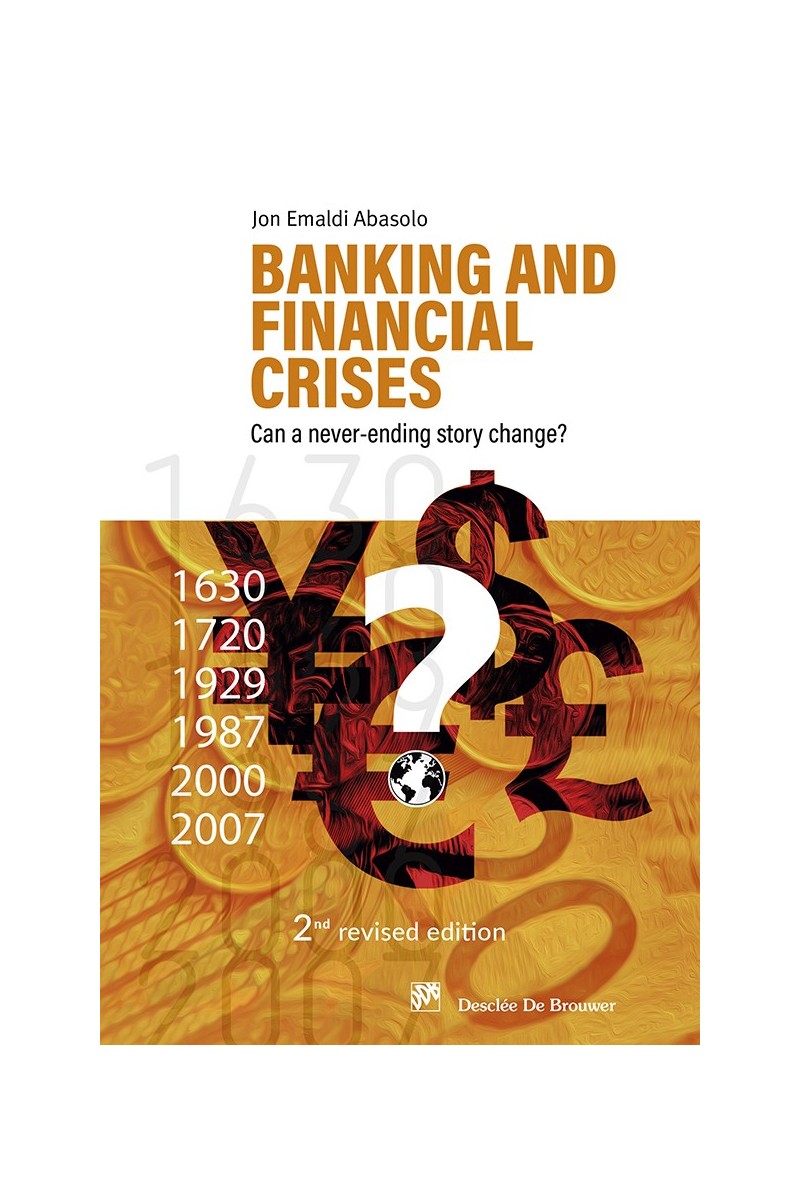- -5%


The author, a cooperativist at heart, has been working in banking during all his career. He joined Caja Laboral, now LABORAL kutxa, the cooperative bank of MONDRAGON Group in 1983, and has been involved in different fields of the banking industry, from marketing to strategy, from retail network to quality management. Therefore, his arguments on banking and financial crises are based on values, public and private, explaining the behaviour of the different economic agents.
He transmits a critical view on the explanations usually given about the recurring crises, and by doing so he follows the thesis of some great economists, past and present, like John Kenneth Galbraith or Carmen Reinhart, who concluded that the real causes of financial and banking crises seldom appear. In most episodes partakers, policymakers, regulators, and investors large and small, even those who have lost their minds and their money, feel more at ease sharing explanations, or justifications, which could be grouped under the label of “This-Time-Is-Different” or “This is a new era”.
The last part, On the next coming crisis, gives some insights on keys to reduce the probability of new and huge financial crises. Regulation and control are a must, but financial institutions, and their clients, in case they don´t really change their values, and as a consequence their behaviours, are prone to recurring destabilizing risks. Our societies need a new humanism, more respectful of our environment, of more frugality, and a culture of being rather than possessing and consuming. Father Arizmendiarrieta, the founder of the MONDRAGON experience, put it in a few words: “act and not earn, create and not own, progress and not command”.